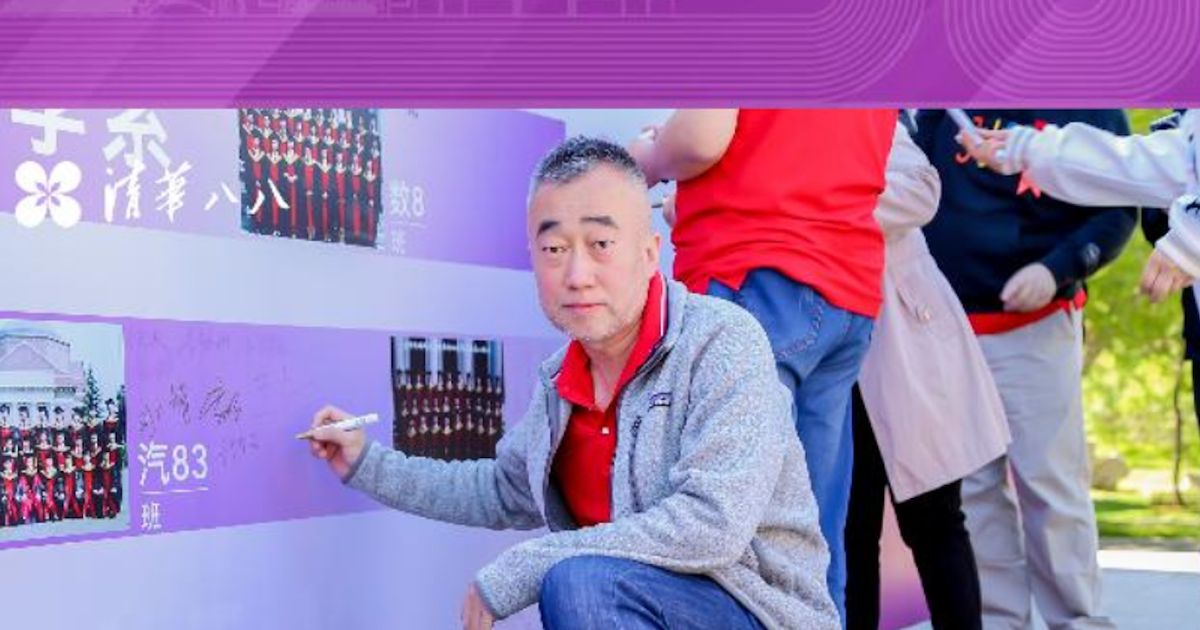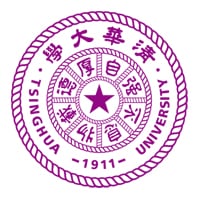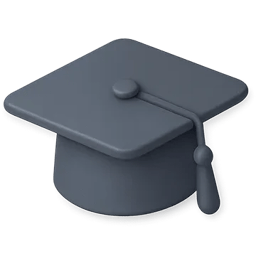A quick note before we begin...
Before diving into my story, I want to highlight that this journey took place a few decades ago. Over the years, much has changed—tuition fees, application requirements, and the overall education system have evolved. However, I believe the essence of my journey remains relevant and can serve as inspiration for students embarking on their own academic paths.

My background: Growing up in Changchun
On July 13, 1956, the first Jiefang brand car was assembled in the First Automobile Works (FAW) in Changchun, Jilin Province, marking the end of China's history of not being able to manufacture cars and the first truck ever produced in the entire country. The name Jiefang means "Liberation" and refers to the birth of a new China under communist rule during 1949. This, at the same time, marked the beginning of a new era for the country.
As you may understand by now, I grew up in Changchun, the capital of Jilin Province and the birthplace of China’s automotive industry. It wasn’t a wealthy city, but it wasn’t poor either. What made Changchun unique was its strong focus on education and its reputation as a hub for automotive manufacturing. Naturally, my interest in cars and engineering was deeply influenced by my environment, which eventually led me to pursue automotive engineering in university.
Why Tsinghua?
At the time, Tsinghua University and Peking University were regarded as the most prestigious institutions in China. However, since Peking University did not offer engineering programs, my choice came down to Tsinghua and Jilin University. Both had excellent reputations in the field of engineering, but societal expectations and my family’s encouragement to strive for excellence ultimately led me to choose Tsinghua.

High School and Stats
I attended FAW No. 6 High School, a large public school in Changchun where only one or two students per year managed to get into Tsinghua University. In 1988, I graduated as part of a class of around 300 students, ranking first in the Gaokao—China’s rigorous national university entrance exam (a three-day examination at the time). This achievement secured my spot at Tsinghua. Out of my graduating class, only my friend (who ranked second) and I were accepted into the university. During high school, I particularly excelled in physics, chemistry, and mathematics, often earning perfect scores in these subjects. However, I struggled with humanities subjects like history, literature, and geography, which I barely passed.
Tuition fees
In my time, nearly all universities in China were publicly funded, and tuition was completely free. This was due to the country’s communist system, which prioritized equal access to education. Scholarships or financial aid were unnecessary since there were no fees to cover. Today, Tsinghua and most other universities charge tuition, but there are numerous scholarships available, including the Chinese Government Scholarship, Beijing Government Scholarship, and Tsinghua University Scholarship, all available for international students as well.

Life at Tsinghua
University life was different from what I’d imagined. Dormitories were crowded, with anywhere from 6 to 15 students sharing a single room. While it was initially difficult to adjust, we adapted over time. Fortunately, nowadays the dormitories are much better, from double rooms to triple rooms.
Unlike today, we couldn’t choose our courses, but I found most of them interesting. One of my favorites was Dynamics of Physics. Outside academics, my days were usually filled with various extracurricular activities, from orchestra and choir to sports. There was always something to do, and boredom was never an issue.
After graduating: Careers and Long Lasting Friendships

I graduated in 1993 and began working at FAW-Volkswagen, one of China’s top automotive manufacturers. Later, I decided to broaden my horizons by pursuing an MBA. After earning a scholarship, I moved to Barcelona, Spain, where I fell in love with the city and decided to stay.
The friendships I made at Tsinghua have lasted through the years. Even now, decades later, I stay connected with my peers through WeChat. Tsinghua also organizes annual alumni reunions, providing a chance to reconnect and reflect on our shared memories.
Last year, I attended the 30-year reunion of our graduating class of 1993. Catching up with old friends was a very fulfilling experience and reminded me of how grateful I am for the opportunities and relationships Tsinghua gave me.





